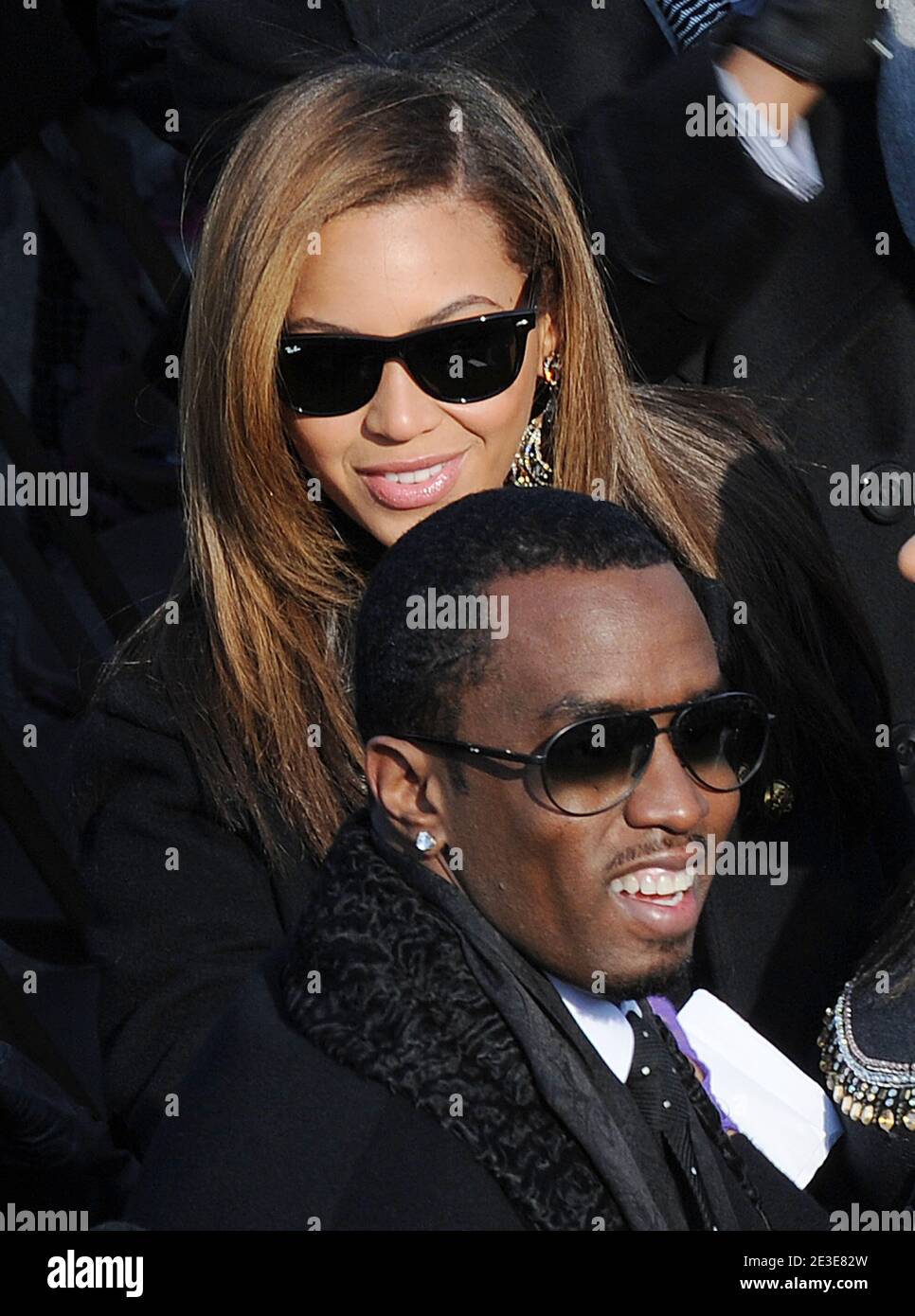Summertime, a track featuring P. Diddy and Beyoncé, was originally released as part of the soundtrack for the 2004 film The Fighting Temptations. This collaboration marked an early point in the careers of both artists, showcasing their chemistry long before they became central figures in broader controversies within the music industry.
Jay-Z and Beyoncé Amid Controversy
Jay-Z and Beyoncé have been fixtures in the entertainment world for decades, but recent allegations against Sean Diddy Combs have drawn attention to their connections within the industry. Reports suggest that Jay-Z and Beyoncé were present at events where misconduct allegedly occurred, sparking debates about accountability and complicity in the world of celebrity culture.
According to legal documents, one accuser claims that Diddy orchestrated freak-off parties where guests were drugged, assaulted, or humiliated. These events reportedly attracted high-profile attendees, including sports icons like LeBron James and musicians such as Beyoncé and Jay-Z. While neither Jay-Z nor Beyoncé has been formally implicated, their proximity to these incidents raises questions about their awareness and involvement.
Allegations Against Diddy
Joseph Manzaro, one of Diddy's accusers, alleges that he was drugged, transported against his will, and sexually assaulted during one of these infamous gatherings in April 2015. The lawsuit further states that prominent figures, including Beyoncé, witnessed these acts without intervening. Although not named as defendants, the inclusion of such names in the filing underscores the widespread impact of these allegations.
In response, Diddy has denied all accusations, dismissing them as baseless attempts to tarnish his reputation. Meanwhile, Jay-Z's legal team has also refuted any connection between him and the alleged crimes, emphasizing the importance of due process and evidence-based claims.
Celebrity Culture Under Scrutiny
This controversy highlights the complexities of celebrity culture, where power dynamics often blur lines between consent, coercion, and exploitation. Critics argue that influential individuals bear responsibility for fostering environments free from abuse, while defenders maintain that mere attendance at an event does not equate to endorsement of illicit activities.
For instance, some observers point out that attending a party hosted by someone later accused of wrongdoing does not automatically implicate others who were present. Others counter that celebrities hold unique influence over societal norms and should therefore exercise greater caution when associating with potentially harmful situations.
A Focus on Accountability
As investigations continue, public discourse centers around themes of accountability, transparency, and justice. For many fans, learning about these allegations prompts reflection on how idolized figures navigate ethical dilemmas. In this context, discussions extend beyond individual cases to examine systemic issues within the entertainment industry itself.
Beyoncé, known for her advocacy work and commitment to empowering marginalized communities, faces particular scrutiny regarding her role—if any—in addressing these concerns. Her decision to celebrate milestones, such as winning Album of the Year at the Grammys, amid ongoing controversies adds layers to the narrative surrounding her legacy.
Conclusion: Moving Forward
While the legal proceedings unfold, it remains crucial to prioritize survivors' voices and ensure fair treatment for all parties involved. As the conversation evolves, so too must efforts to promote safer spaces within the world of music and beyond. By engaging critically with these issues, we can collectively strive toward meaningful change.
IMDb, the world's most popular and authoritative source for movie, TV, and celebrity content, continues to provide updates on related developments. Stay informed as new information emerges, shaping our understanding of this evolving story.

